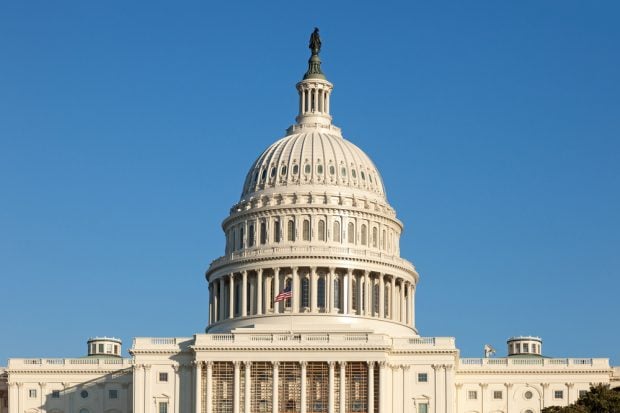 U.S. Capitol building. (Source: Shutterstock)
U.S. Capitol building. (Source: Shutterstock)
Thursday's hearing to discuss the failures of Silicon Valley Bank and Signature Bank resulted in officials from the three federal banking organizations promising to strengthen regulatory and supervisory efforts once full investigations of the failures are complete.
Officials from the FDIC, Federal Reserve and the U.S. Department of Treasury spent nearly three hours being questioned by members of the U.S. Senate Committee on Banking, Housing and Urban Affairs about the dramatic collapse of both banks earlier in March.
Recommended For You
Full reports of the group's investigations are expected to be made public on May 1.
While this was the first official hearing on the matter, credit union trade organizations took the opportunity to make their positions heard to explicitly state that credit unions were not the cause of the bank failures, and therefore should not be subjected to any new regulations or requirements.
In a letter to the Committee filed ahead of the hearing, NAFCU Vice President of Legislative Affairs Brad Thaler stated, ""Credit unions haven't seen runs on their deposits like some banks because of the relationship they have with their members – who know their money is safe at their credit union. That's the credit union difference. Our industry prioritizes members' financial well-being over profits."
Thaler's letter, like the one also sent by CUNA President/CEO Jim Nussle, made clear that more than 90% of credit union deposits are insured by the NCUA, unlike banks that have roughly 50% of their deposits insured by the FDIC.
Nussle stated, "With more than 91% of credit union deposits insured, credit unions remain stable, safe and secure during this time of uncertainty in the banking sector. The credit union difference makes us stronger by helping improve the financial well-being of Americans nationwide. Credit unions are member-owned, not-for-profit financial cooperatives that put our members ahead of the bottom line."
Thaler added that lawmakers should not lump credit unions into a problem caused by a few banks.
"While we are not advocating for changes for coverage limits for the NCUSIF at this time, any changes to FDIC coverage levels must include parity in coverage levels for the NCUSIF while not changing the tried and tested structure, funding and operations of the NCUSIF," Thaler wrote. "We urge you to ensure that problems from a few banks do not create new burdens for well-run credit unions in an effort to respond to this recent situation."
Nussle's letter pointed to existing legislation and lapsed legislation that could help strengthen thousands of smaller credit unions around the country.
"With uncertain times ahead, we remain alert to potential reverberations caused by SVB's collapse to our smallest credit unions. CUNA strongly encourages the committee to examine the lapsed enhancements to the Central Liquidity Facility, which expired at the end of 2022 as part of the CARES Act," Nussle wrote. "One such enhancement allowed the over 3,600 credit unions across the country with assets under $250 million to use their corporate credit union to access liquidity on their behalf. For the thousands of small credit unions with limited resources, this agent enhancement would streamline and expedite the process considerably if unexpected liquidity needs arise.
"Bipartisan legislation to extend this enhancement for three years has already been introduced in the Senate by Senators Padilla (D-Calif.) and Cramer (R-N.D.). We strongly encourage the committee to quickly hold a mark-up on this legislation to help small credit unions under $250 million in assets access liquidity more easily. This would provide much-needed confidence for our small financial institutions — at no cost to taxpayers."
© Touchpoint Markets, All Rights Reserved. Request academic re-use from www.copyright.com. All other uses, submit a request to [email protected]. For more inforrmation visit Asset & Logo Licensing.







